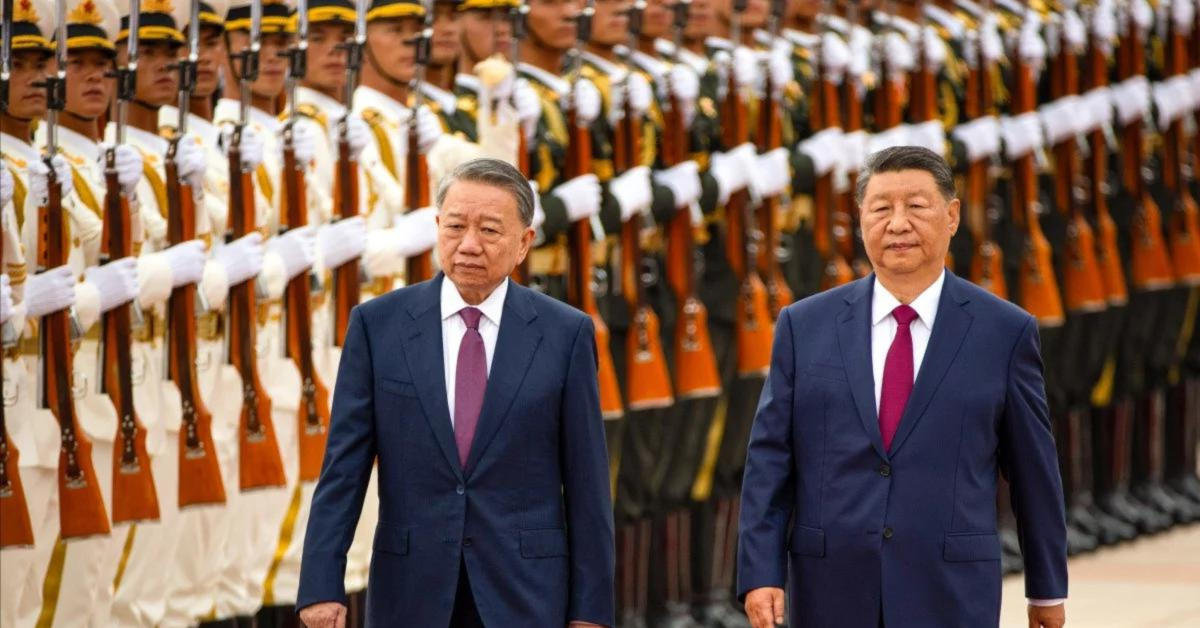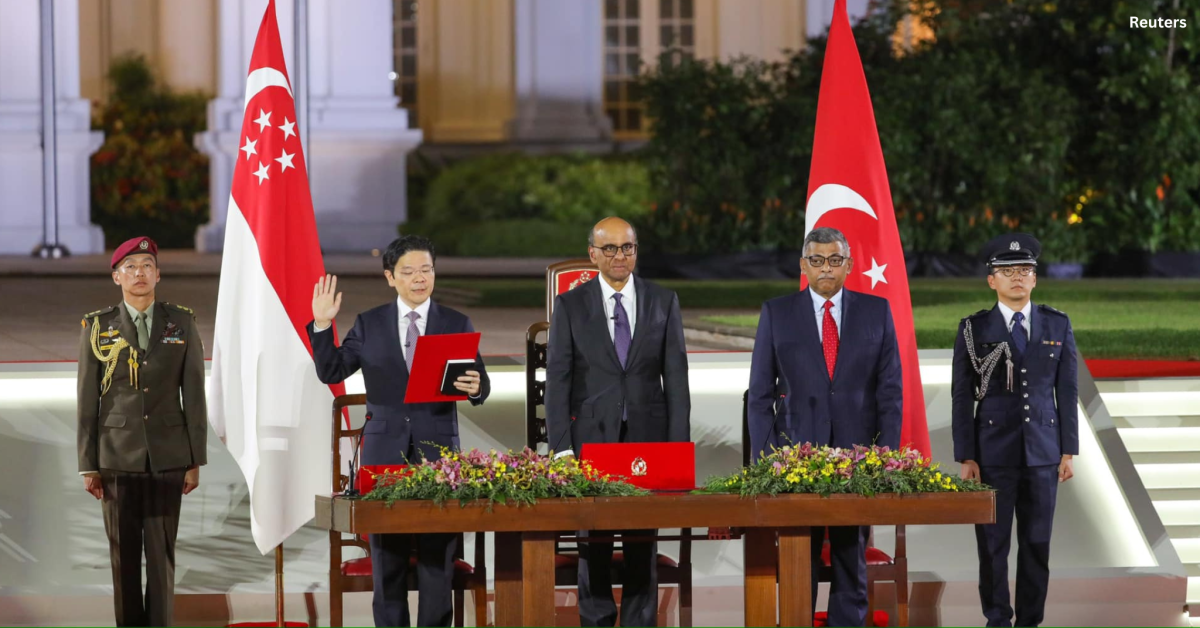2024 LDP Presidential Election Primer
Japan’s political landscape is buzzing with anticipation and uncertainty as Prime Minister Fumio Kishida recently announced his decision to step down, shaking up the nation’s leadership. For a country where the Liberal Democratic Party (LDP) has dominated the political stage for decades, the election of the next party leader holds enormous significance because the leader of the LDP effectively becomes the Prime Minister.
The lineup ranges from traditional conservatives like Takaichi and Kobayashi, who adhere to longstanding Prime Minister Shinzo Abe’s policies, to reformists such as Kono and Koizumi, who aim to introduce changes such as revising dismissal regulations and allowing married couples to have separate surnames—two key issues in this election. Positioned in the middle of this spectrum is Shigeru Ishiba. While Ishiba currently leads in polls, this election is likely heading to a runoff, making the outcome increasingly unpredictable.
Candidates’ policies differ greatly with great impact on the future of Japan. Businesses should closely monitor the outcome of this presidential election and prepare for a variety of scenarios.
Main Contenders
In light of Prime Minister Kishida’s decision not to seek re-election and the dissolution of factions following the LDP’s political donation scandal, a record-breaking nine candidates have either announced or are considering their candidacy. The chart below highlights the key policy differences among the six leading candidates, focusing on critical issues such as the economy, foreign and security policy, and energy.

Recent Poll Results: Ishiba and Koizumi lead, followed by Takaichi

Source: NHK Poll, September 9, 2024. (https://www3.nhk.or.jp/news/html/20240909/k10014577121000.html)
In a latest poll conducted by NHK, Shigeru Ishiba topped the list of “suitable candidates for the next LDP president.” While public opinion reflects general sentiment, ordinary citizens do not vote in this election. It is the preferences of LDP members that significantly impact the leadership election outcome. While Ishiba may be popular with the public, he is known to be unpopular within LDP. On the other hand, Sanae Takaichi, while ranking third among the public, is quite popular among LDP members. Furthermore, Takaichi has a distinct support base that is prepared to back her in this upcoming election, while that of Ishiba and Shinjiro Koizumi may overlap and split votes.
LDP Presidential Election System: A runoff vote is inevitable

The LDP selects its president through a structured election system. To qualify, candidates must first receive nominations from 20 LDP lawmakers. In the initial election, both Diet members and rank-and-file members cast their votes. If a candidate wins a majority of the total votes (lawmakers + rank-and-file members), they are elected as president. If no candidate obtains a majority, a runoff vote is conducted between the top two candidates. In this round, only Diet members vote and the candidate with the most votes wins. The complexity and unpredictability of this system was perfectly showcased in 2012 when Shigeru Ishiba received more votes than Shinzo Abe in the first round but lost in the runoff election.
Businesses should closely monitor the outcome of this presidential election and prepare for a variety of scenarios
The LDP presidential election was officially announced on September 12 with a record high of nine candidates running. Currently, Ishiba and Koizumi are leading but Takaichi also has a solid base of support within the LDP. Most of the 56-member Aso faction led by former Prime Minister Taro Aso, the only LDP faction not to dissolve, is expected to support Kono.
With less than two weeks until the election on September 27, the outcome will depend on the candidates’ actions and statements during this period as well as domestic and international developments. In any case, it is likely that we will witness the dissolution of the House of Representatives followed by a general election in the near future under the leadership of a new LDP president. Thus, it’s critical to LDP lawmakers to identify an LDP candidate that can win the general election.
One of most impactful policies for companies operating in Japan will be the revision of dismissal regulations. Currently, the courts in Japan are on the side of workers and it is not easy for companies, including foreign-affiliated firms, to fire workers even if they have performance issues. This is said to be one of the causes of the rigidity of the Japanese labor market. Kono advocates the introduction of rules for monetary settlements of layoffs, and Koizumi advocates easing the requirements around workforce reductions at large companies. If these two candidates are elected, their policies may lead to more fluidity in the labor market and companies may find it easier to navigate HR challenges.
Regarding energy policy, Kono, Koizumi, and Ishiba are proponents of renewable energy while Takaichi and Kobayashi emphasize more stable power sources such as nuclear and thermal. The national government is heavily involved in the energy system in Japan and energy companies will be greatly affected by the energy policies of the next prime minister.
Regarding foreign policy and national security, all nine candidates see the Japan-US alliance as a cornerstone. However, they have different approaches to achieve Prime Minister Kishida’s decision to drastically increase defense spending. Koizumi calls for promptly allocating 2% of GDP while Takaichi and Kobayashi, who prioritize economic growth, oppose the approximately 1 trillion yen (USD 7 billion) tax hike. For the defense industry, candidates such as Ishiba and Koizumi may be preferable.
While international businesses may not be immediately concerned with the issue of separate surnames for married couples, it is of great concern to Japanese voters. Japan is the only G7 country that does not recognize separate surnames—it is the norm for women to take the surname of the man at the time of marriage. It has been pointed out that this system contributes to the low status of women in Japanese society and to the perception, especially in rural areas, that women are still expected to stay at home after marriage. While the short-term and direct impact on business may be limited, the introduction of separate surnames may have a medium- to long-term impact on gender perception and social structure in Japan, leading to further improvement of women’s status and women’s activities in business. Koizumi has declared his intention to submit the bill next year, with Kono and Ishiba in favor and the more conservative Takaichi and Kobayashi opposed.
The candidates’ differing policies on issues highlight the significant impact the next LDP president will have on Japan’s future. Businesses should closely monitor the results of this election and prepare for various potential scenarios.
Materials presented by EGA Japan. For additional information, reach out to Yuichi.Kori@edelmanEGA.com or Richard.Andrew@edelmanEGA.com



